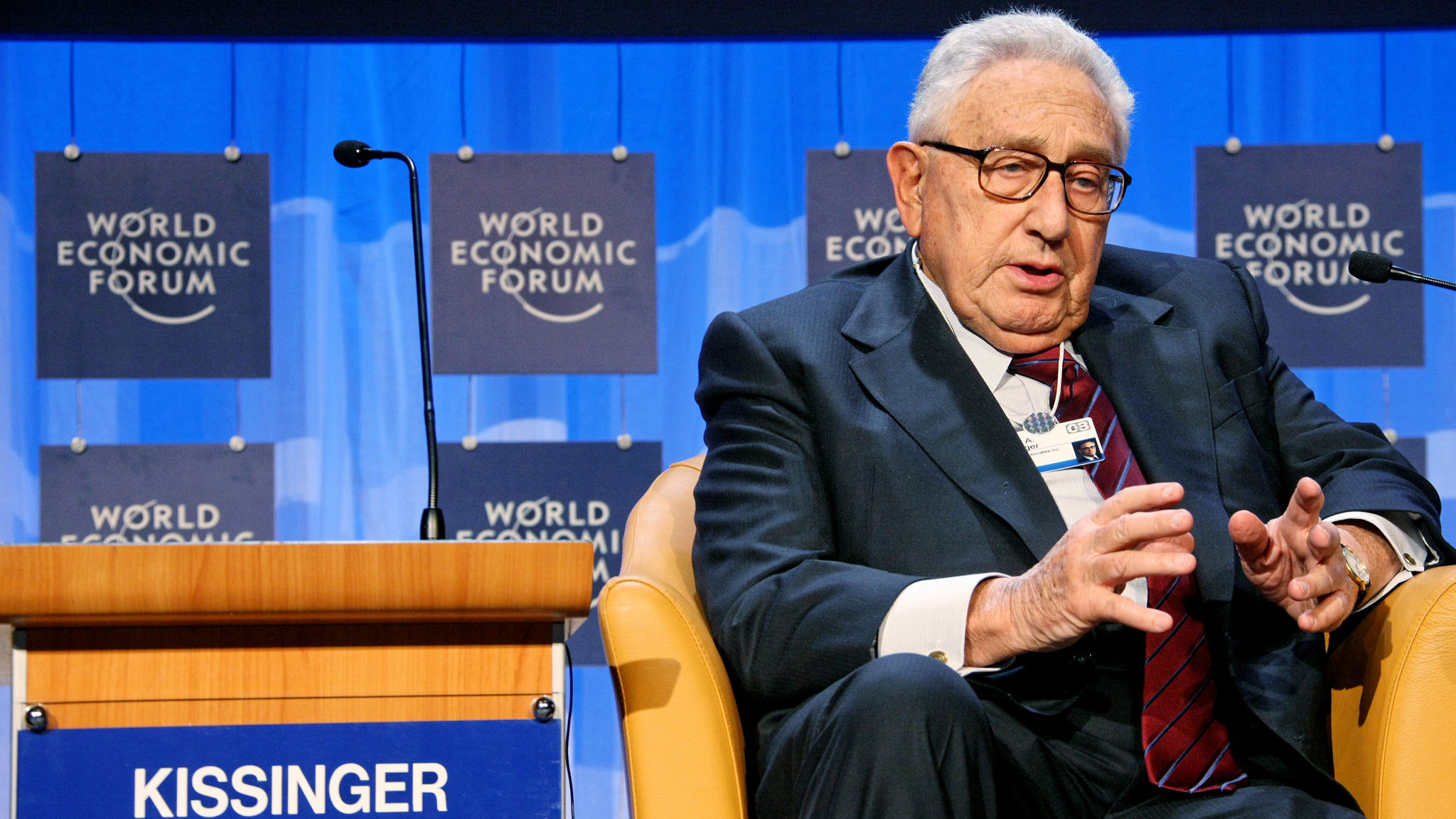Kissinger and Ukrainian Insults
Al-Arabiya, Saudi Arabia, May 28
The renowned and distinguished statesman Henry Kissinger came under a deluge of attacks from Ukrainian officials after he suggested that Ukraine must cede some of its lands to Russia in order to reach a cease-fire. The Ukrainian officials ridiculed Kissinger for “being stuck in the 20th century”; that is, for being out of touch with the current era. Why did Kissinger make such a controversial statement? Certainly not in search of fame. Kissinger, who is nearly 100 years old, had a distinguished career. Media attention is certainly not what he’s after. Therefore, to understand the context of his remarks, we must try to understand the way he thinks. There are three main factors guiding him. First, in one of his notable remarks, Kissinger claimed that history to the state is like personality to man. Without history, it is difficult to deal with the complex problems of the present. The study of past events is one of the most decisive factors in Kissinger’s way of thinking, which is why he believes, as he said, that the current Western approach to isolating and ostracizing Russia will not bring an end to this war. Kissinger claimed that “Russia has been an essential part of Europe for 400 years, and contributed to the balance of power during the critical times that the continent experienced.” Therefore, Western countries must “remember the importance of Russia and not get caught up in the mood of the moment.” Second, Kissinger is a pragmatist. For example, when he visited Vietnam in 1965, Kissinger learned that the war was unwinnable and that the best way out was a political solution. Because of this position, he was subjected to media and political persecutions, especially from the left wing. Third, Kissinger has been a firm believer in the need to preserve the international order, which was the title of his last book. In the book, Kissinger extensively explores the roots of this world order in which we live, which was launched in Europe through the Peace of Westphalia that followed the religious wars. That treaty, which established the basic international structure, excluded Russia. Kissinger’s call to give up lands is based on the notion that Russia is humiliated, defeated and weak, which means a constant threat to the international system. These three points summarize the thinking of Henry Kissinger, who has had a rich diplomatic career and encyclopedic political knowledge. Despite the witch hunt, he has an expert political mind and, despite the propaganda and accusations that describe him as opportunist and Machiavellian, he made exaggerated idealistic decisions that prove otherwise. Kissinger refused to join the teams of several elected officials because of his unwavering commitment to his favorite Republican candidate, Nelson Rockefeller, who was defeated more than once. This kind of loyalty, exemplified in his distinguished career, is not one that describes an opportunistic man fleeing from a sinking ship, as his opponents seek to portray him. – Mamdouh Al-Muhaini (translated by Asaf Zilberfarb)
This holiday season, give to:
Truth and understanding
The Media Line's intrepid correspondents are in Israel, Gaza, Lebanon, Syria and Pakistan providing first-person reporting.
They all said they cover it.
We see it.
We report with just one agenda: the truth.



